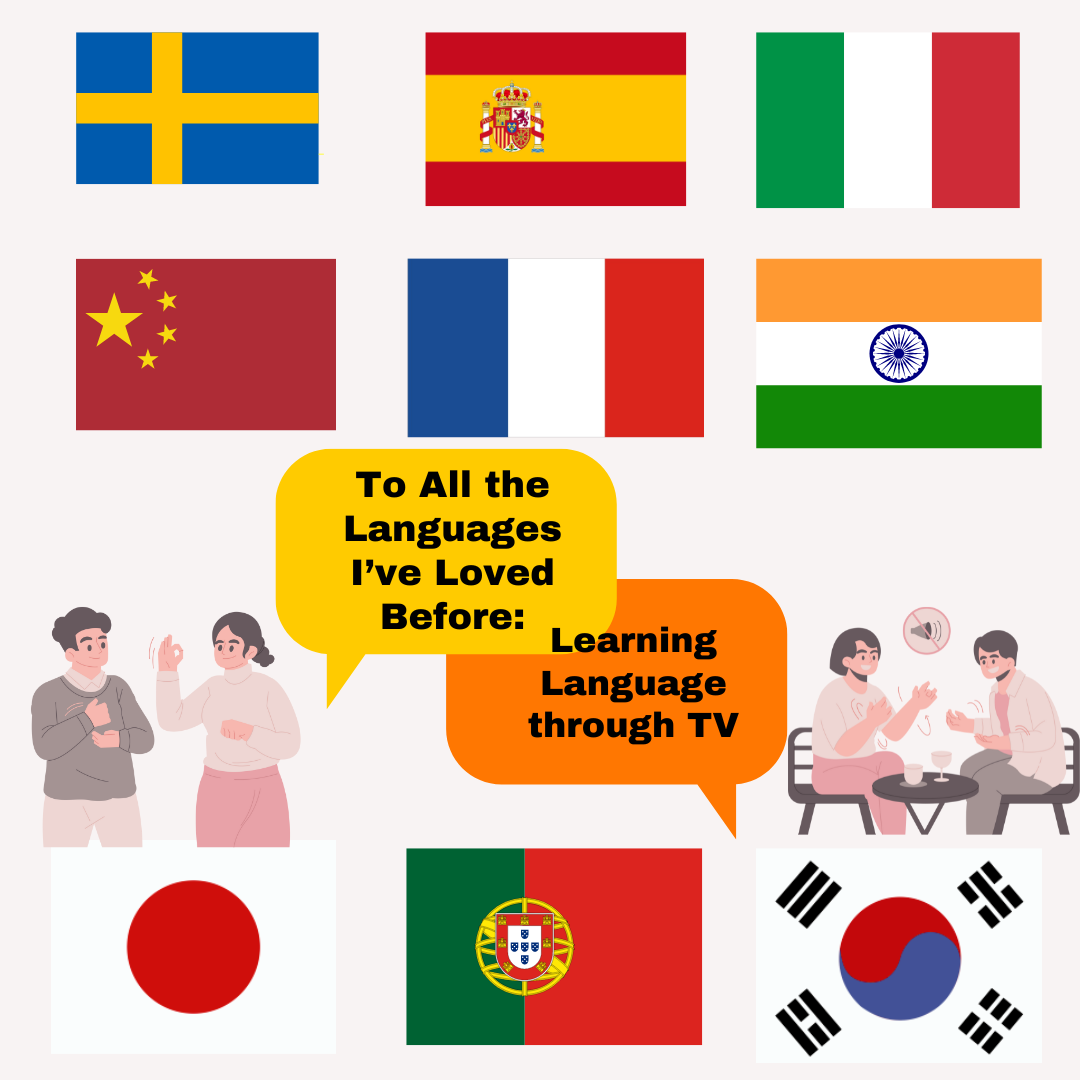Just over a year into the Covid-19 pandemic, I found my 13-year-old self confined to my bedroom, yearning for something to break up the monotony of his quarantine. As I aimlessly scrolled through Netflix, I stumbled upon a series titled “Young Royals”. With little else to occupy my time, I decided to give the new release a try.
If there’s one thing you should know about me, it’s that I retain a deep-seated hatred for dubbed media. Dubbing, the process of replacing original audio with the voices of local actors in the desired language, has never quite sat right with me. All that to say, I opted to watch the show in its original language: Swedish.
As I progressed through the season, I discovered that I relied less and less on the previously imperative subtitles. Although I had only just started to study the language, words and phrases started to sound less foreign and I fell in love with the language’s characteristic singsong rhythm. I found myself buying Swedish textbooks and consuming even more Swedish content. The release date of the show’s second season would mark my self-imposed deadline of conversational proficiency, and I wholeheartedly intended to achieve this goal.
Before long, I began to see improvements in my Swedish understanding, demonstrated by a stark shift in my YouTube homepage to videos more typically frequented by Stockholm natives. I became more familiar with the distinction between the Swedish “i” and “y”, and, in my prime, could even pronounce “sju” (seven) with some accuracy.
Eventually, my passion started to wane. I practiced less and less frequently, even starting to have trouble understanding basic sentences I had breezed through just a few weeks prior. Now, with the release of the third season of “Young Royals” just a mere week ago, I find myself back at square one. However, I still find immense value in the time I spent learning this language and the dedication it extracted from me in a time of boredom and hopelessness. Additionally, it helped me hone my language skills in general, providing me with a greater understanding of how language works overall.
Despite my loss of Swedish aptitude, I continue to learn languages in search of the inevitable satisfaction when finally understanding a native speaker in public or being able to genuinely laugh at a joke being made on the newest episode of a television show. Although it would be gratifying to be able to call myself fluent in Swedish today, I acknowledge that I didn’t ever learn the language in order to have just another addition to one long list. I learned the language because I wanted to connect with people across the world, especially in a time devoid of such unity.









